Do you ever feel like you’re constantly spending money and never seem to have enough left for necessities by the end of the month? Small, everyday habits might seem like minimal outgoings, but they can quickly add up over time, and many have much cheaper alternatives. This article focuses on 19 seemingly insignificant things that might be consistently draining your wallet.
Single-Serve Snacks

Grabbing a single-serving yogurt, cake slice, or bag of chips for a quick snack is convenient, but be aware that these pre-portioned conveniences are often far more expensive per ounce than larger sizes. Try buying the maximum you can and portioning it up at home to avoid paying a premium price for mere division—you’ll also generate less packaging waste!
Bottled Water

The Water Project reports that the average American family spends “over $100 per year/per person” on bottled water, with many individuals spending even more. Tap water is hundreds or even thousands of times cheaper, safe to drink in almost all regions, and far better for the environment, particularly if you invest in a reusable steel bottle that lasts almost forever.
Unused Gym Memberships

We’ve all been there—we sign up for a gym membership with good intentions but end up using it rarely, if ever, due to a lack of motivation or insufficient time. Be honest with yourself about your workout habits and the likelihood that you will get your money’s worth from a dedicated membership. If you’re in doubt, use free online workouts, go jogging, or try pay-as-you-go classes instead.
Subscription Overload
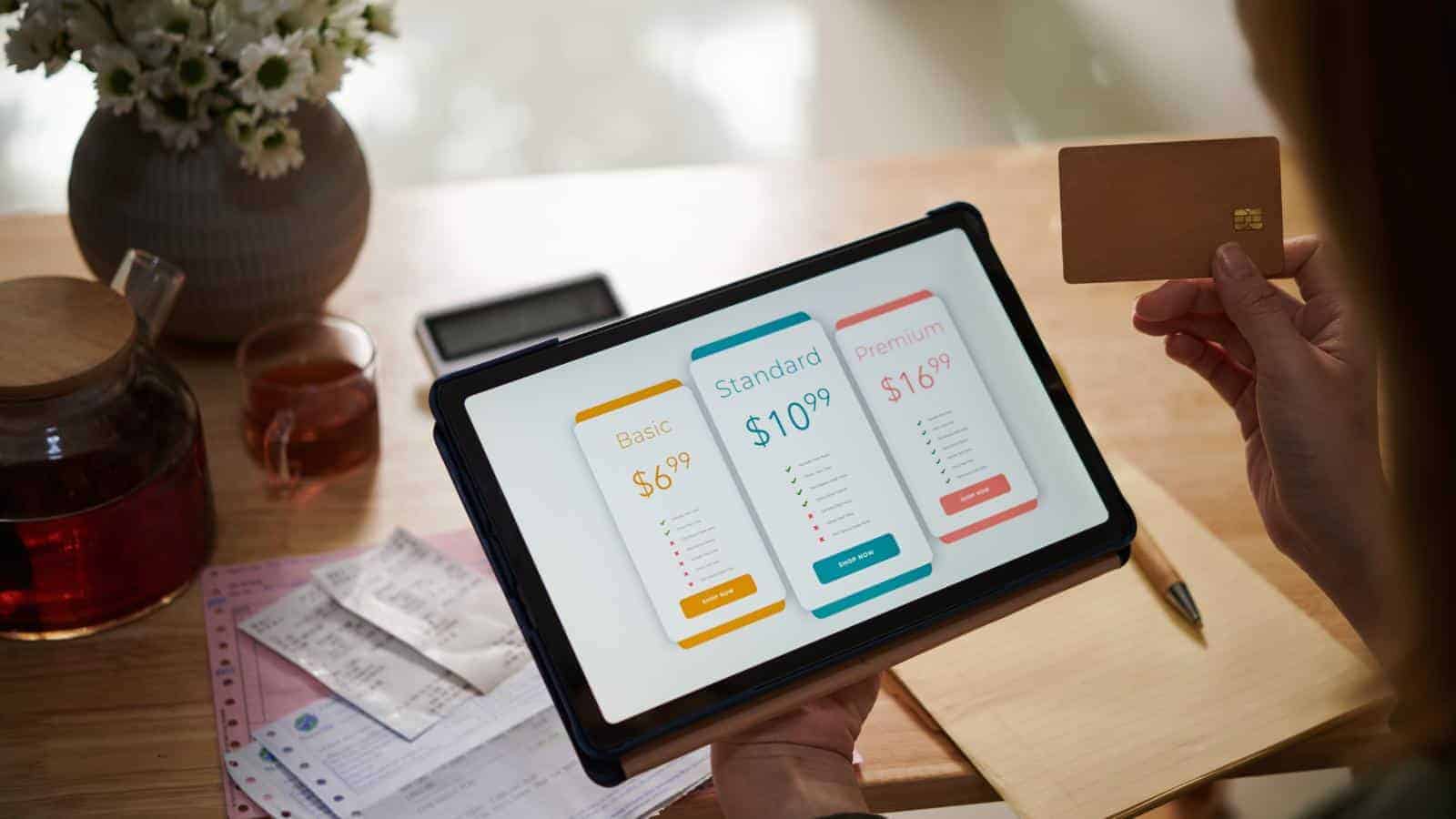
Subscription services for music, streaming platforms, online gaming, and even razors (!) can silently drain your bank account each month while providing little or no benefit over alternative options. Regularly review your subscriptions and cancel any you don’t actively use or get enough value from. Be mindful of cancellation deadlines for free trials to avoid unwanted charges.
Impulse Online Shopping

Online shopping is convenient and relaxing but can lead to impulsive purchases. When we add items to a virtual basket and click ‘buy,’ the money leaves our account without us even registering it. Avoid browsing online stores when bored or stressed, and set a monthly budget for online shopping. As soon as you reach your limit, no more Amazon or eBay for you!
Ignoring Offers and Discounts
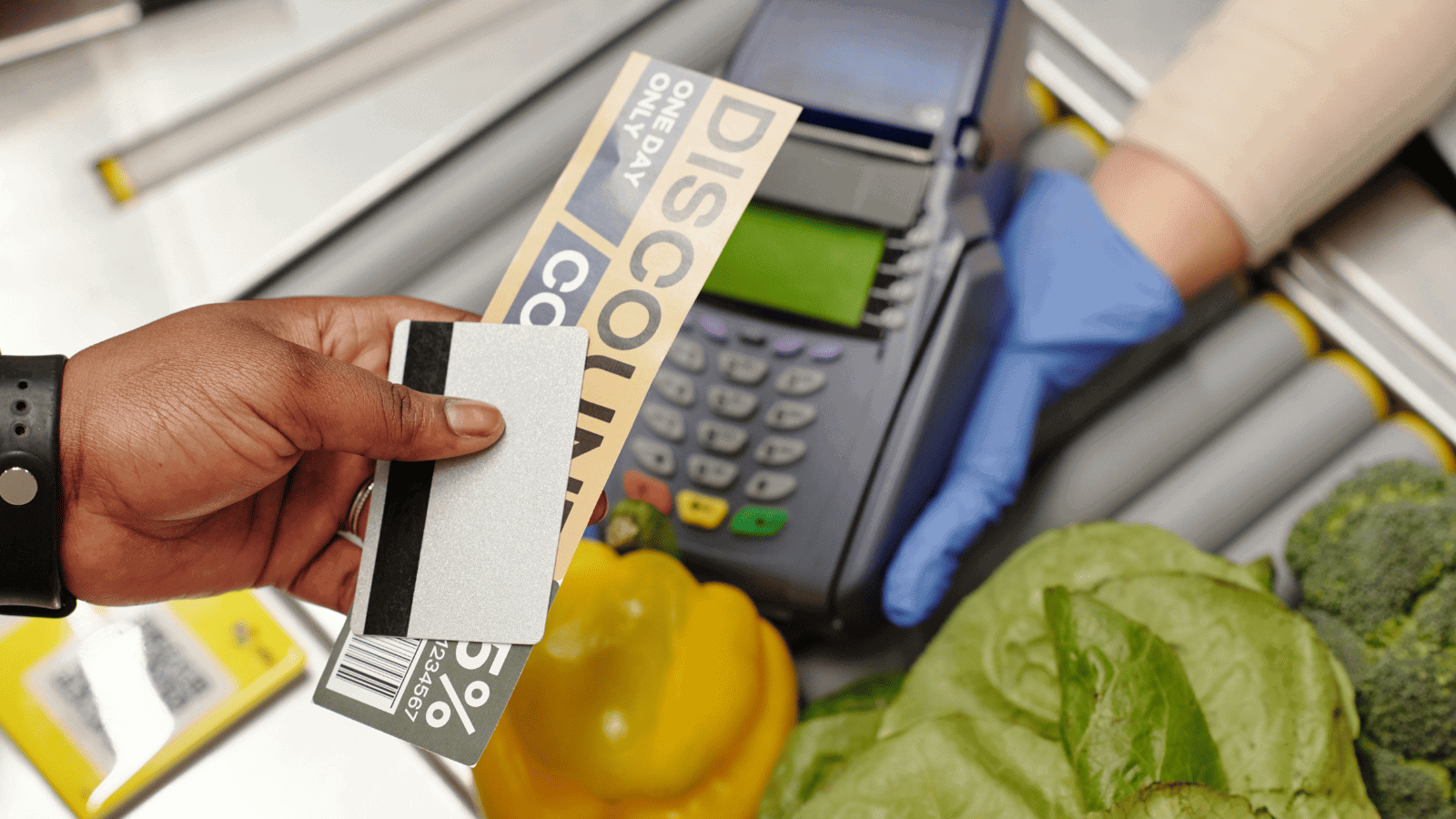
There are countless coupons and discounts available online and in grocery stores. You only need to take a few minutes more to browse the price per kilo or find vouchers you can use. Utilize apps that aggregate coupons for your favorite stores, clip coupons from flyers, and consider generic store brands, which are cheaper but often offer comparable quality.
Takeaway Lunches

It can be tempting and convenient to neglect packing your own lunch, but the cost of grabbing something to eat every day can really add up. NASDAQ says the average American spends $37.28 weekly on food delivery alone—that’s not even considering the cost of the food itself or tips. Packed lunches are not only cheaper, they’re personalized and often more nutritious.
Not Using Free Entertainment

There are many free or low-cost ways to have fun that people forget to utilize because they’re not well-advertised. Explore your local library for books and movies, or get a museum pass for your city. Look out for free concerts, movie nights, or fitness classes in your area. This can help you save a lot of money when used as an alternative to cinema tickets and other expensive leisure activities.
Leaving Electronics on Standby
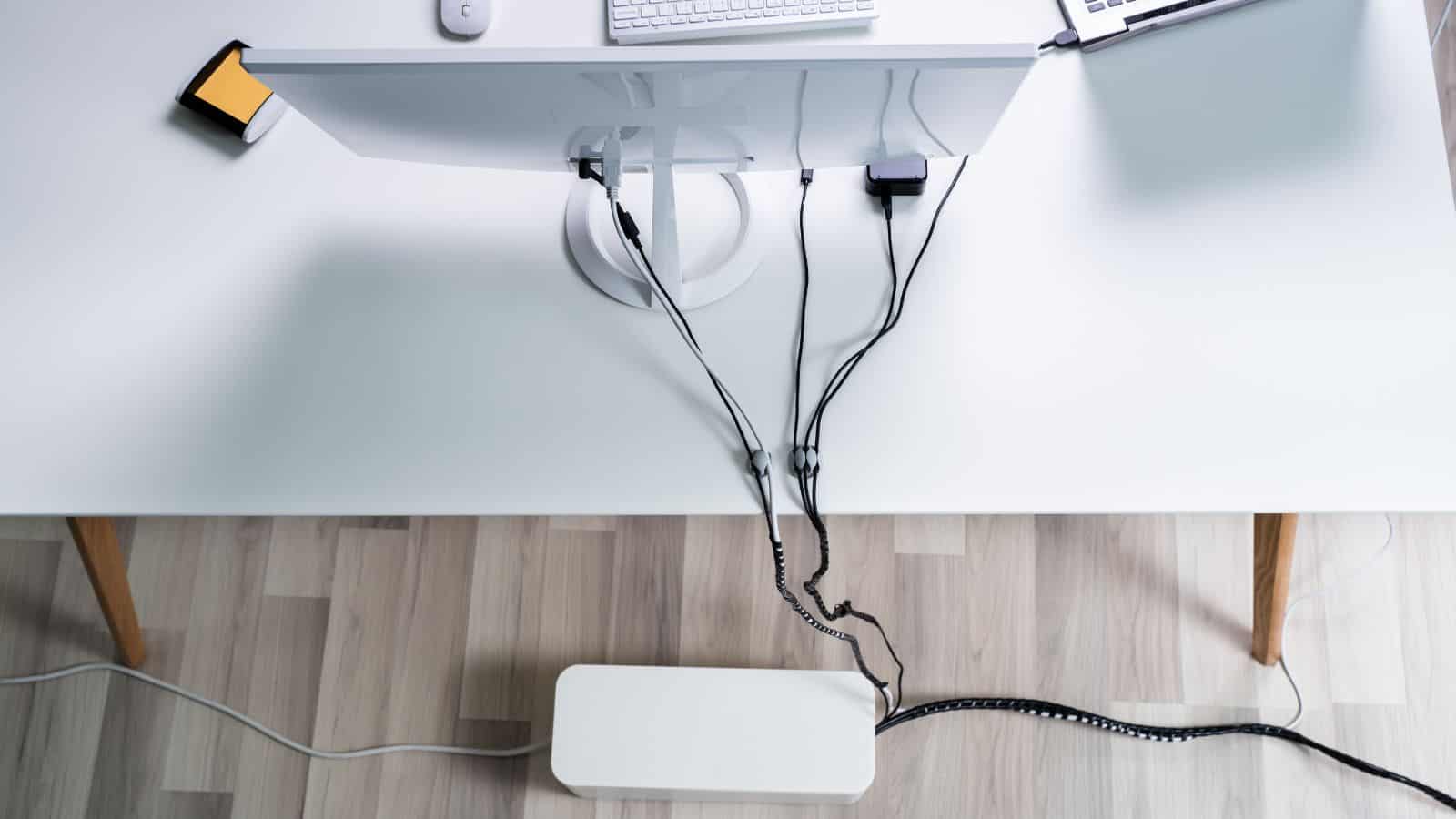
Even when electronics are turned off, they consume energy if left plugged in. Get in the habit of unplugging chargers, laptops, televisions, and other devices when not in use. Power strips with on/off switches can be helpful for managing multiple devices and make it easier to turn off everything at once before bed. You’ll notice the difference when you get your next power bill.
Coffee Shop Coffee

According to Statista, almost 15% of Americans spend more than 40 U.S. dollars a month in coffee shops, and only 7% never purchase pre-made coffee. This can add up to a whopping $600 a year—more than most people spend on annual car insurance. If you love coffee, consider investing in your own machine or French press, but avoid using single-use pods.
Using the Dryer Excessively
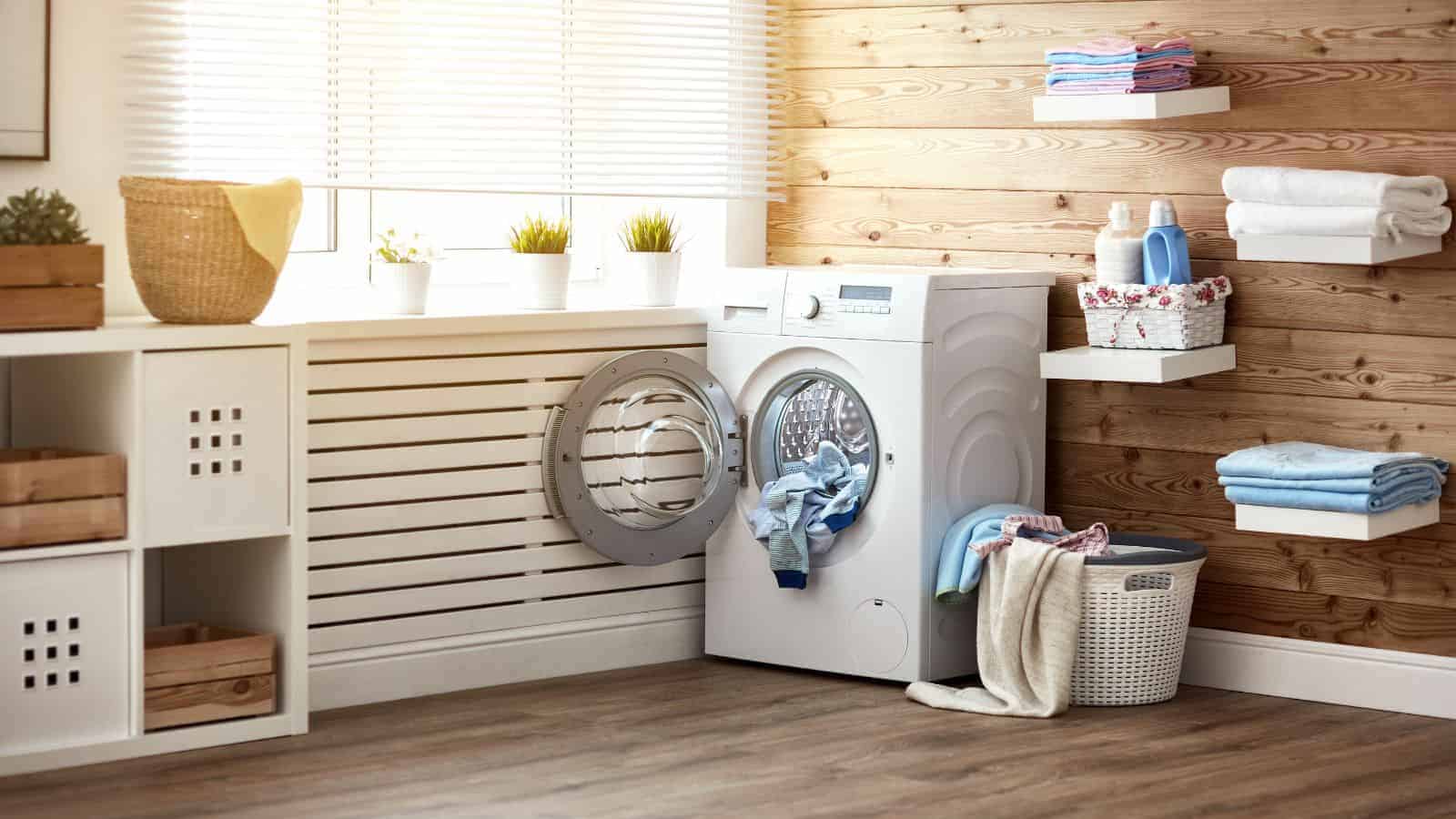
Line drying your clothes whenever possible is a free and energy-efficient alternative to using the dryer. The sun and wind are excellent at getting laundry dry, and they’re also environmentally friendly! Lay your clothes carefully on the line so they don’t wrinkle, and let the sun do its work. This tip is especially useful in warm, dry climates or places with high electricity costs.
Not Maintaining Your Car

Regular car maintenance can cost a small additional amount for oil changes and services, but it will save you money down the line. Cars that aren’t maintained are at far greater risk of inconvenient breakdowns and engine problems, which can cost you money on temporary transport and expensive repairs. Stick to your car’s recommended maintenance schedule for cost-efficient motoring.
Using Old-Fashioned Light Bulbs

Traditional incandescent light bulbs emit heat, which makes them far more expensive to run. This is especially inefficient in warm climates, as you might need to spend even more on cooling your house. Switching to LED bulbs isn’t expensive and can reduce your energy consumption by up to 80%, significantly reducing your electricity costs over time.
Ignoring Leaky Faucets
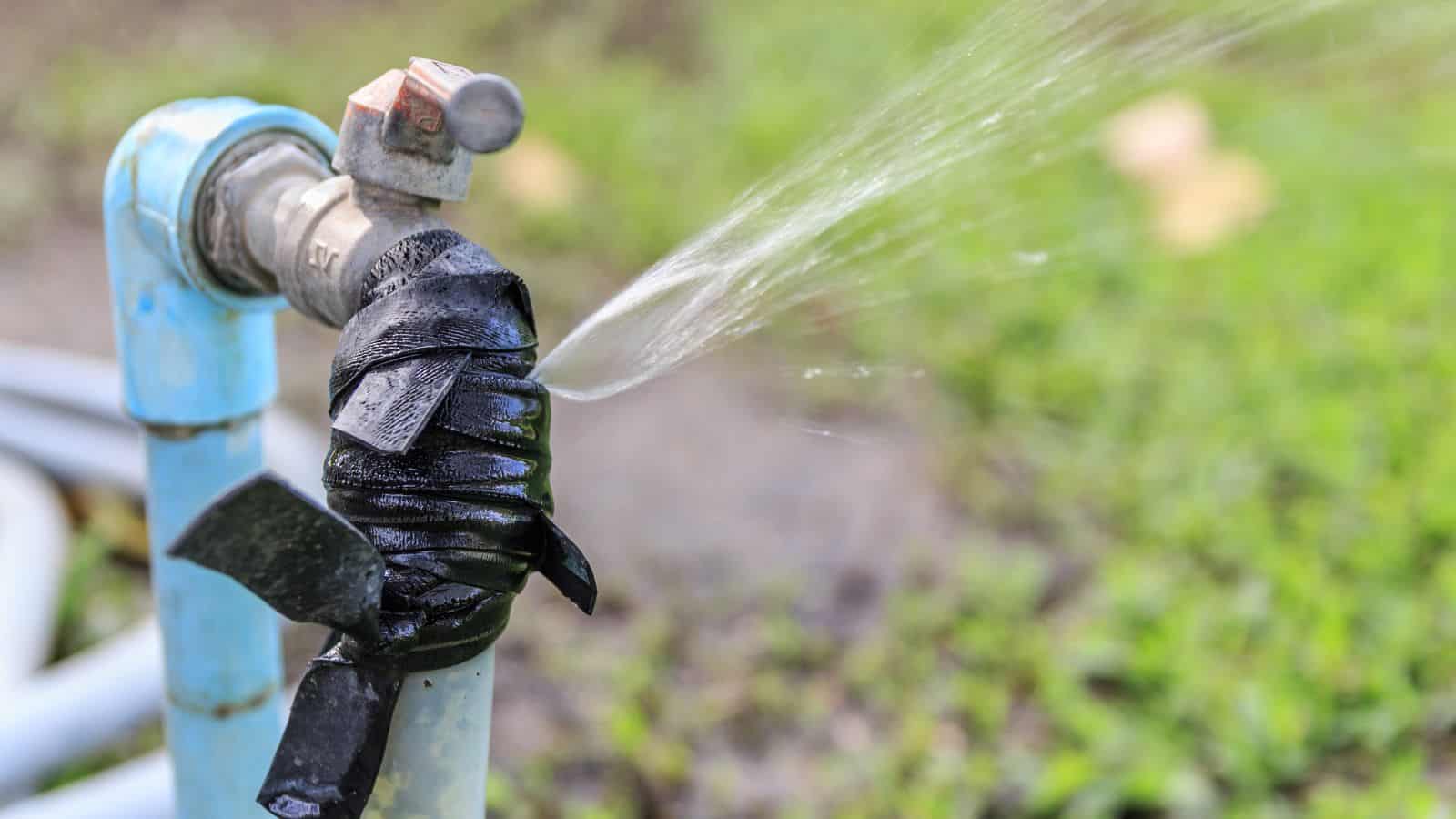
A leaky faucet or a dripping pipe may only be losing a small amount of water daily, but those drips can accumulate, wasting hundreds of gallons of water per year. Superior Plumbing writes, “Fixing a leaky faucet early on can save you substantial money in the long run.” Not only will you stop that annoying dripping sound, you’ll save money on your water bill in the long run.
Not Shopping Around for Insurance

Don’t automatically renew your car, home, or health insurance every year without comparison shopping. Insurance rates can fluctuate, and companies can get greedy or complacent, upping their premiums or failing to reduce them as the market changes. If you’d rather stay with what you know, get quotes from alternatives and tell your provider, you’ll switch if they don’t match the best price!
Using Harsh Chemicals

Many cleaning products are expensive and contain harsh chemicals that are often ineffective or overly abrasive/acidic, potentially causing expensive damage to whatever you’re cleaning. Instead, consider natural cleaning alternatives like vinegar, baking soda, and lemon juice. These can be just as effective but are much cheaper and safer for your health and the environment.
Keeping Unwanted Items

We all make shopping blunders now and then but don’t simply accept your mistake. Errors such as picking up the flavor of cereal you dislike, or the wrong dress size can easily be remedied—just keep your receipts and take items back undamaged and unused within the next few weeks. Holding onto unwanted purchases is a waste of money and storage space.
Pre-Cut Produce
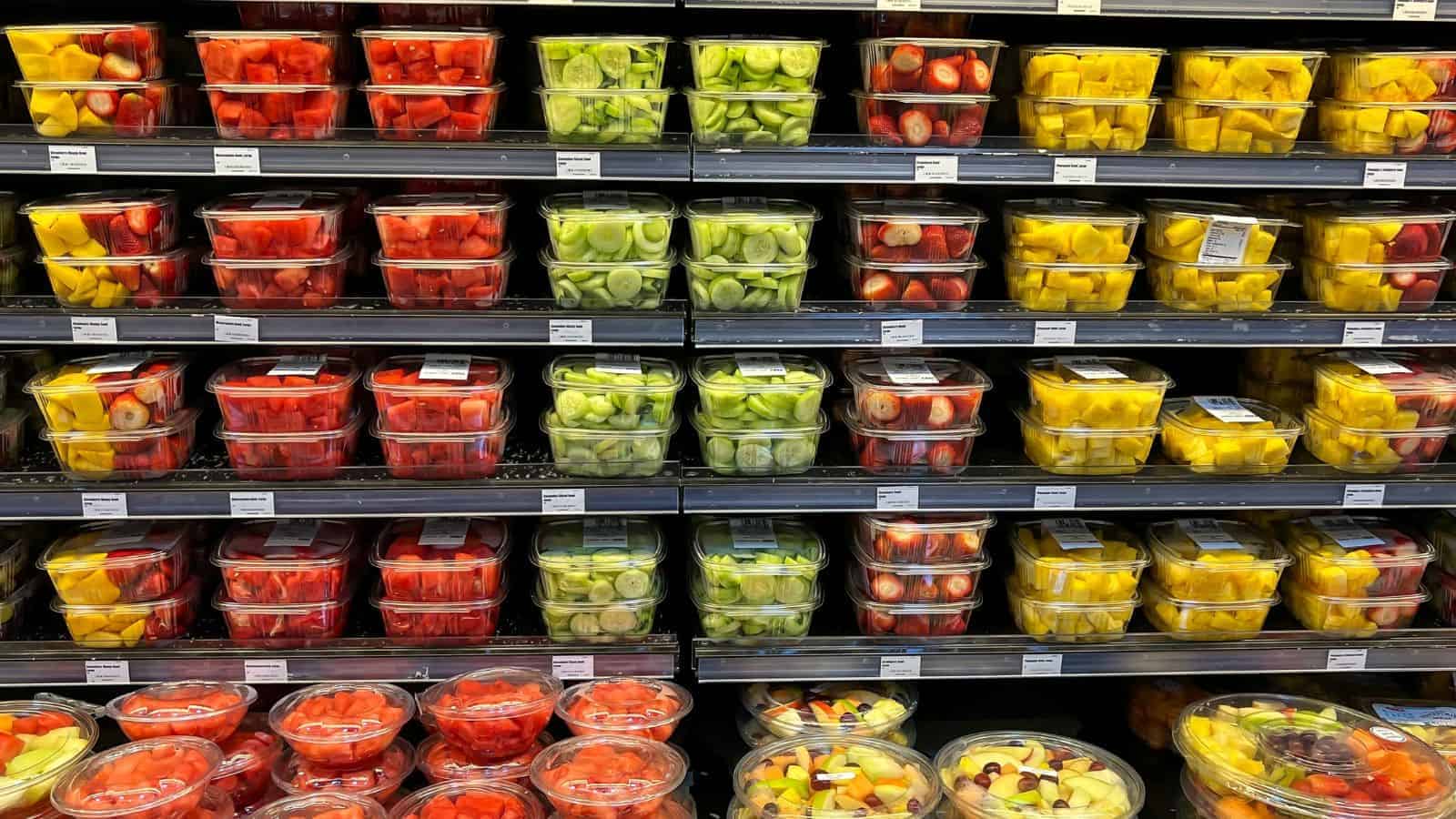
Unless you’re exceptionally busy, peeling and chopping fresh produce is something everyone has time for—it only takes a few minutes! The convenience of pre-cut fruits and vegetables comes at a premium price and isn’t worth the minimum time-saving. It’s far better for your pocket, your health, and the environment to buy whole, skin-on produce—it’s fresher, cheaper, and retains more nutrients.
Not Setting Financial Goals

It’s important to have clear financial goals, whether it’s saving for a down payment on a house, a vehicle upgrade, or retirement. This can help you be less frivolous with money and prevent you from falling into temptation. Remember that assets like your own home benefit you in the long term and will increase in value, whereas those expensive cocktails won’t be anything other than a financial drain.
Up Next: 19 Signs That Say You’ve Officially Entered Old Age

Old age comes for us all, though we do our best to resist it for as long as possible. But aging isn’t only gray hair, wrinkled skin, and yelling at kids to get off your lawn. Here are 19 signs you’ve realized you’re no longer the young stud you once were!
19 SIGNS THAT SAY YOU’VE OFFICIALLY ENTERED OLD AGE
17 Things That Are Too Woke For Boomers

Our society is so different from what it was decades ago, and boomers don’t like much of what everyone considers normal in today’s society. In this light, here are 17 things about ‘woke culture’ that particularly make boomers uncomfortable.
17 THINGS THAT ARE TOO WOKE FOR BOOMERS
17 Things You’re Just Too Old To Be Doing Anymore

The older you get, the more fragile you are physically and mentally, so it’s important to prioritize your well-being every day. Whether you still feel young at 50 or are closer to 80, we’ve compiled 17 things you’re too old to be doing anymore.
